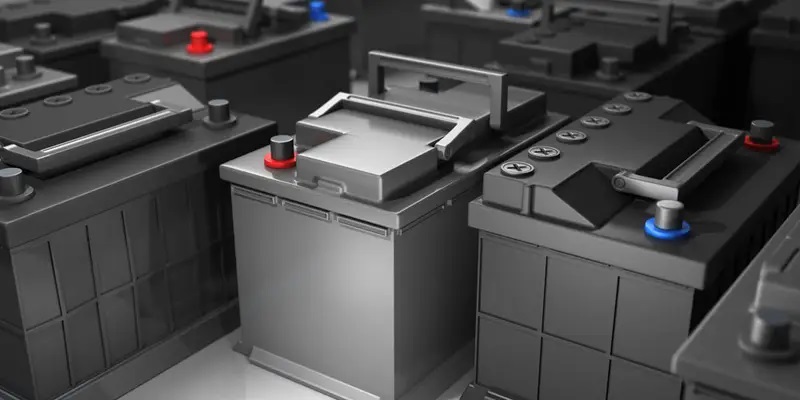Power batteries and energy storage lead-acid batteries are two different types of batteries designed for different applications, and they have different characteristics and performance profiles.
- Power Batteries:
- Purpose: Power batteries are designed to deliver high power output in a short period, typically for applications where high bursts of power are needed, such as starting an engine or providing power to electric vehicles (EVs) during acceleration.
- Chemistry: Power batteries often use lithium-ion or other advanced chemistries that can deliver high power densities.
- Cycle Life: They are designed for a large number of charge-discharge cycles, but they may have a shorter overall lifespan compared to energy storage batteries.
- Energy Density: Power batteries generally have lower energy density compared to energy storage batteries, meaning they can store less energy per unit of weight or volume.
- Examples: Lithium-ion batteries used in electric vehicles, some types of rechargeable lithium batteries used in power tools, etc.
- Energy Storage Lead-Acid Batteries:
- Purpose: Energy storage lead-acid batteries are designed to store and release energy over a longer period, typically for applications where a steady and continuous power supply is required, such as backup power for buildings, renewable energy storage, or powering electric vehicles over long distances.
- Chemistry: These batteries use lead-acid chemistry, which is well-established and relatively inexpensive compared to some of the newer chemistries used in power batteries.
- Cycle Life: They are designed for a large number of charge-discharge cycles, and with proper maintenance, they can have a long lifespan.
- Energy Density: Energy storage lead-acid batteries generally have higher energy density compared to power batteries, meaning they can store more energy per unit of weight or volume.
- Examples: Deep-cycle lead-acid batteries used in off-grid solar systems, uninterruptible power supplies (UPS), etc.
In summary, power batteries are optimized for high power output in short bursts, while energy storage lead-acid batteries are optimized for storing and releasing energy over a longer period. The choice between the two depends on the specific requirements of the application, such as power vs. energy density, cycle life, cost, and other factors.


